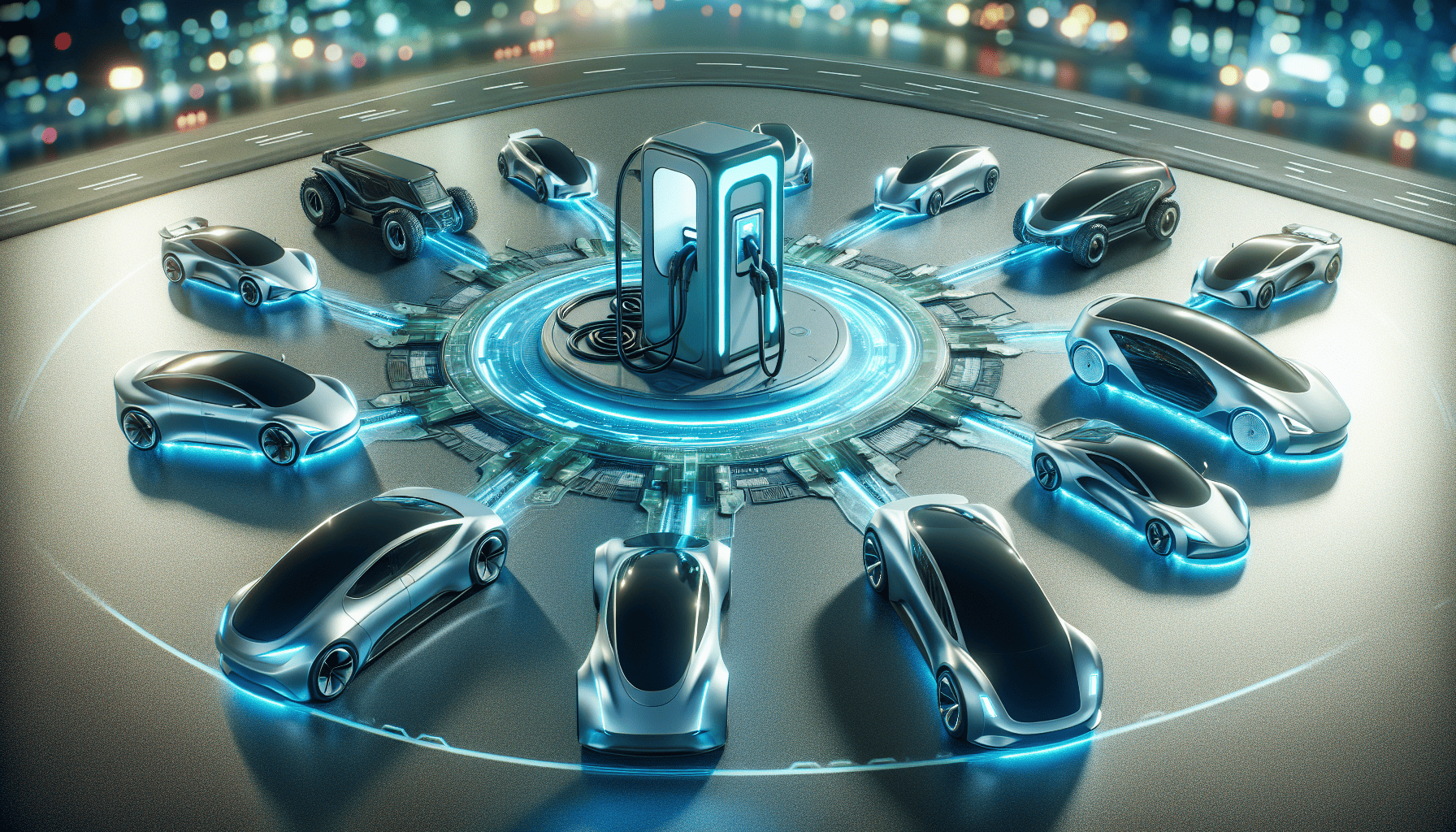In recent years, the United Arab Emirates (UAE) has emerged as a global hub for innovation and technology, particularly in the realm of transportation and vehicle systems. The nation's ambitious vision to redefine mobility has led to significant advancements, making it a pioneer in modern transit solutions designed to address environmental, economic, and logistical challenges. Here's an exploration of the groundbreaking innovations that are shaping the UAE’s transportation landscape.
One of the most notable advancements is the introduction and integration of autonomous vehicles. The UAE, particularly Dubai, has been aggressive in adopting autonomous technology, aiming to transform 25% of all operational trips into autonomous journeys by 2030. This initiative is supported by strategic partnerships with leading tech companies to develop self-driving taxis and shuttle services. These autonomous vehicles are equipped with state-of-the-art sensors and AI technology to navigate urban environments safely and efficiently, reducing human-error-related accidents and enhancing commuter convenience.
Complementing the rise of autonomous vehicles, the UAE is also investing heavily in electric vehicle (EV) infrastructure. This includes establishing widespread charging networks and providing incentives for citizens to adopt greener transport solutions. The push for electrification is further supported by the development of advanced battery technologies, which promise increased range and shorter charging times, making EVs a more viable option for widespread adoption.
The innovations extend beyond road transport. In the air, the UAE is at the forefront of developing and testing flying taxis and drones for passenger transport. Collaborating with aviation companies and startups, the country aims to alleviate urban congestion and offer quick, efficient travel solutions. The deployment of these aerial vehicles is anticipated to transform short-distance travel and logistics, particularly in bustling urban centers like Dubai and Abu Dhabi.
Moreover, sustainability is a core focus as the UAE invests in green transport solutions. This is evident in projects like the Hyperloop, which aims to propel passengers and freight through low-pressure tubes at near-supersonic speeds, dramatically cutting down travel times while reducing carbon emissions. The UAE’s commitment to sustainability is also reflected in the adoption of smart city concepts, where data-driven technologies manage traffic flow, reduce congestion, and enhance energy efficiency across transport networks.
Another transformative development is the integration of blockchain technology to manage and streamline transportation logistics. By leveraging blockchain, the UAE is enhancing supply chain transparency, security, and efficiency, ensuring that goods are transported seamlessly and sustainably across the region.
Furthermore, the digitization of public transport services is revolutionizing commuter experiences. With robust mobile applications, residents and tourists can plan, book, and pay for their journeys across various modes of transport—buses, metro, trams, and water taxis—via an integrated platform, showcasing the UAE’s commitment to creating a truly connected and smart transport system.
In conclusion, the UAE is not just adapting to technological advancements in transport and vehicle technology; it is actively shaping the future of mobility with a focus on sustainability, innovation, and efficiency. These developments are not only establishing new standards in transport solutions but are also paving the way for a more connected and environmentally friendly world, aligning with the UAE's broader vision of smart and sustainable growth. As these technologies continue to evolve, the UAE stands poised to lead in the global transportation revolution.
